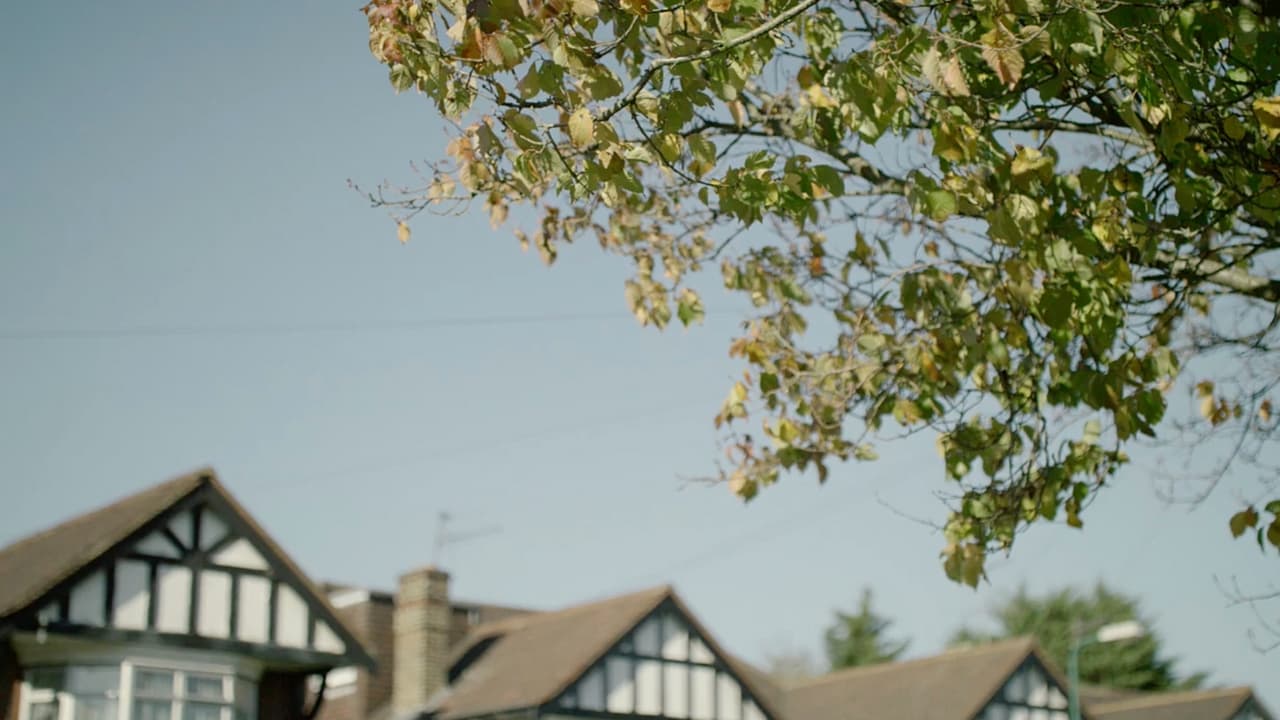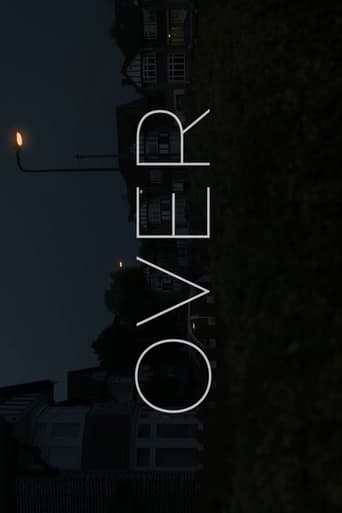

Based on a true story, this film tells the story of an event in a quiet suburban street. We don't really know what happened – and it is 'happened', because we join the film late in the night and jump backwards in time in steps, seeing a different aspect of the aftermath each time, until we eventually rest on the event itself. I won't say the event because it would detract quite a lot from the experience of watching the film, but it will be known to most people I think.The film is a very slow and deliberate one; it plays out in mostly detached and static wide-shots, which take in the quiet nature of the street and the police activity. In doing this it makes the viewer pay attention to the scene, although being honest the lack of reward (mostly) does mean you have to decide to stick with it. There is a solid ending to the film though, which does pay-off, however mostly the short is about the manner of delivery rather than the story itself. In this way the film's structure and style is what sticks in the mind more than the 'event'. It did still work for me in this way, however it did mean that a repeat watch was not as engaging.
... View MoreOver is a wonderfully Experimental short which makes tricks the viewer several times into what the film is connotations to, until it's shocking finale.The film starts off late at night, a calm Cul De Sac, with nothing going on,mall is calm, all is well.Then we go back a few hours, a couple get out of a car, lay down some flowers, and them go indoors. Now we are to believe that a loved one had been killed there, most likely a road traffic incident, as there is always a parked car in shot.As the long static shots continue, the narrative leads us down several paths. The one definite one is that there has been some sort of fatal occurrence on this one small road, but we are treated to almost subliminal imagery of 'clothing', firstly, everyday garments like running shoes, maybe a jogger was killed on his run, but then we see gloves, a torch, and what looks to be a balaclava, so now the narrative is leading us to believe that a robbery has gone awry.Did the assailant leave a disturbed household suddenly and get hit by a car, or did a partner kill the person for their share of the loot? And just why are we repeatedly shown a photo of a family, presumably from the African continent. Is this to spark feelings that would make us guilty by assumption?To say anymore about the time line would give the remarkable, awe-inspiring endings I've ever seen away, but rest assured, up until the point of surprise, you will never know just what happened, and why during such an authority heavy incident, there could be so much calm during the time frame.Playing like Momento and Irreversiblė, Over is an intriguing mystery as to how assumption can make a fool out of you, and you'll never guess the truth until it's written in black and white.Brilliant stuff.
... View More